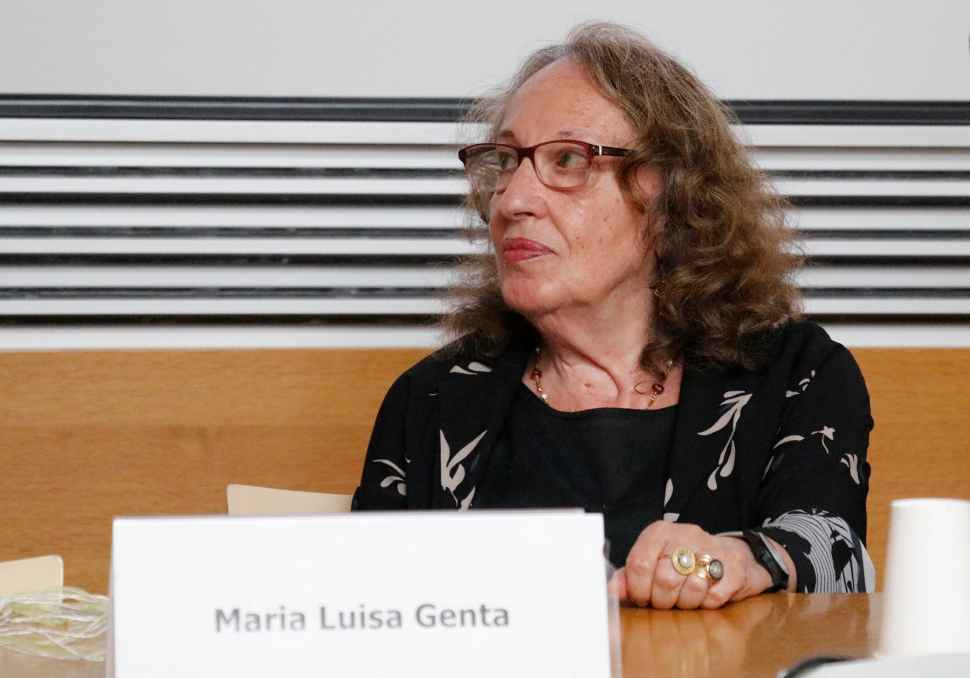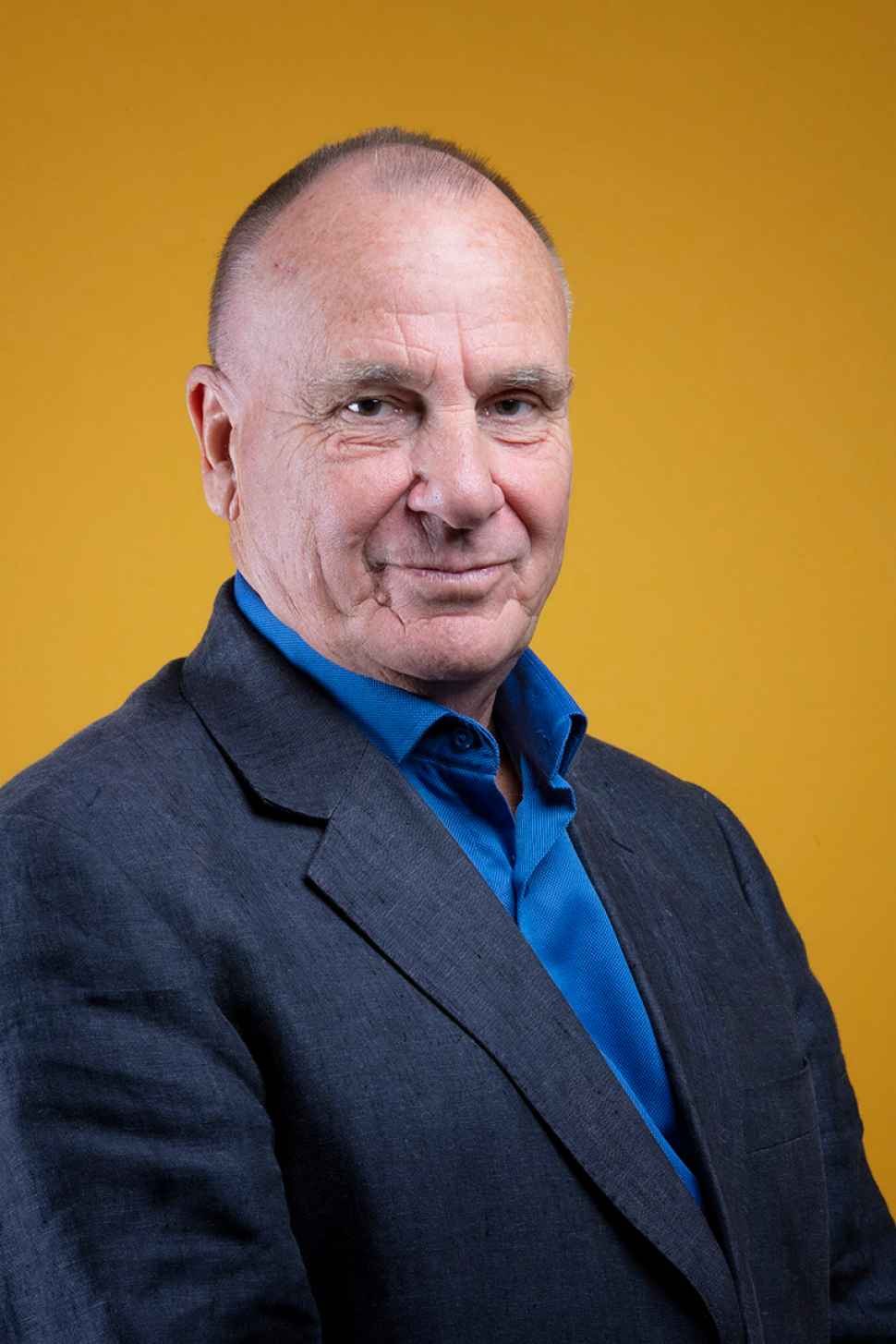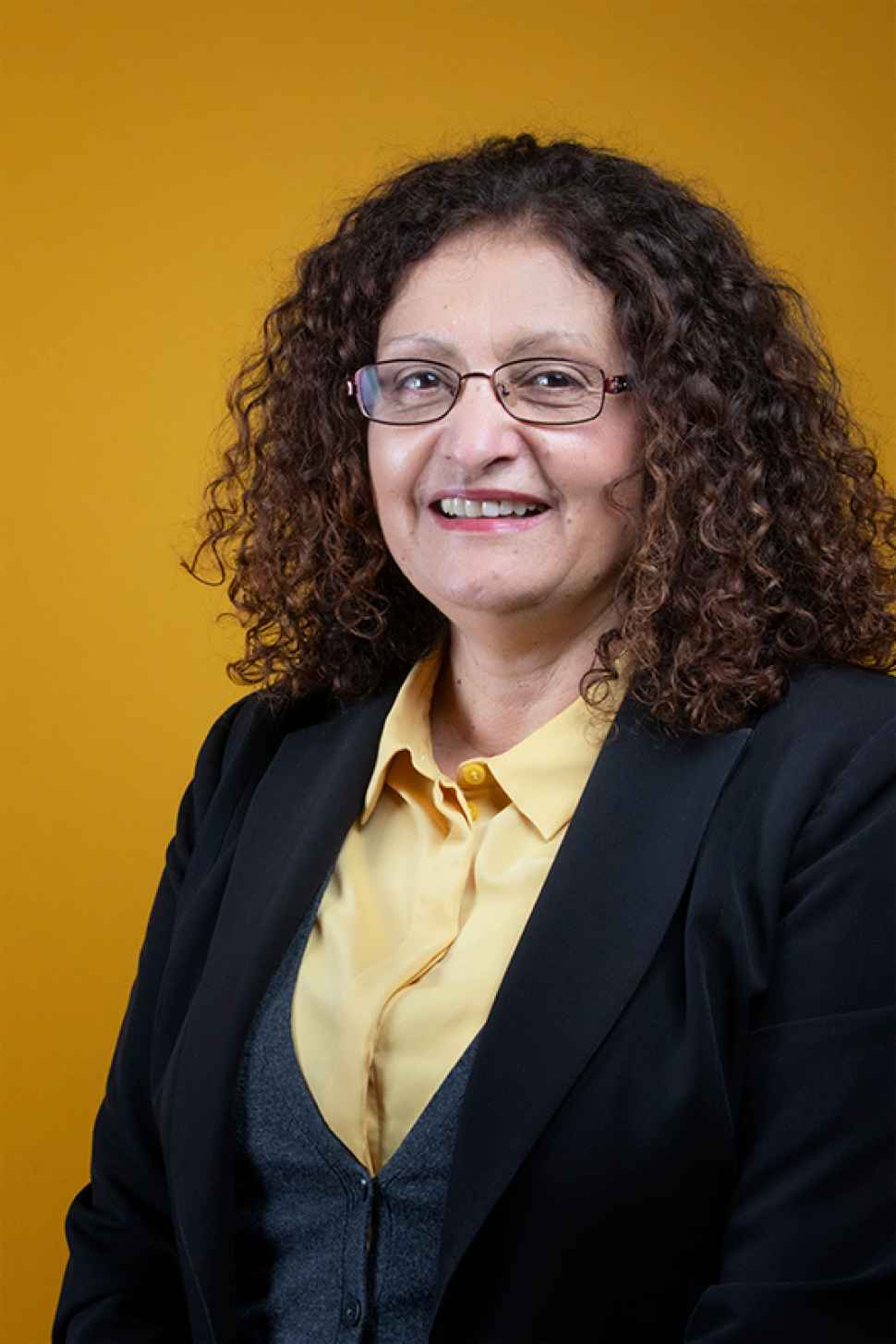Student Wellbeing and Prevention of Violence (SWAPv)
SWAPv is dedicated to making a difference to the health and wellbeing of young people′s lives by focusing on promoting mental health and preventing violence in educational settings.
Violence and bullying are global issues. In particular, our young people are affected by bullying in schools. Developing effective programs to deal with the consequences and trauma associated with violence are high priorities for governments across the world and in Australia.
Our research is leading the way in creating evidence-based intervention programs to combat bullying.
We work with researchers and policy makers, nationally and internationally, and students, in the fields of mental health and violence prevention to undertake research and evaluation projects and we are the home of the International Observatory on School Climate and Violence Prevention.
I want to create a safe place for kids to be, where they enjoy doing what they are doing and they can be their best possible selves. Reducing bullying is a very small part of what can be done, so I think that’s a very good thing for a school to be doing.
Professor Phillip Slee
Director, SWAPv
As we investigate peer aggression and wellbeing, we should not shift our focus away from the pain and hurt reported by individuals experiencing bullying or peer aggression from peers.
Dr Grace Skyrzypiec
Director, SWAPv

SWAPv Awards
In recognition of sustained contribution to the Wellbeing of Society

Presented to Professor Maria Luisa Genta, for her sustained research into school bullying, University of Bologna, Italy.

Professor Peter Smith for his sustained research in violence prevention- (Emeritus Professor) Unit, School and Family Studies Department of Psychology Goldsmiths, University of London New Cross, England.
-small.jpg.flinders-image.970.low.jpg)
Presented to Her Excellency, Marie-Louise Coleiro Preca, President of Malta, Founder of the President's Foundation for the Wellbeing of Society in recognition of her sustained contribution to the Wellbeing of Society.
Research projects
P.E.A.C.E Pack
The P.E.A.C.E. Pack is an intervention program addressing bullying in schools, presenting school based strategies that have been proven to reduce school bullying.
Teachers, students, principals, parents and school administrators from day-care centres, kindergartens and primary and secondary schools have all contributed to the development of the P.E.A.C.E pack.
Since 2001, over 40 primary and secondary schools in Australia have evaluated the P.E.A.C.E pack. Evaluations have involved pre and post testing and longitudinal studies across 1-3 years.
It has also been translated and implemented in Japan (3 schools) , Malta (9 schools) and Greece (300 schools) . It is currently being implemented in schools in Italy.
Over 12,000 students and their teachers have been involved in the evaluations. Typically there are significant reductions in self reported victimisation (17-33%) , reductions in bullying of other students (5-10%) , increases in coping skills , feelings of safety at school, school belonging and benefits to the reported wellbeing of students.
In 2018, the Department for Education, South Australia, funded a $300,000 trial of the P.E.A.C.E pack across 23 schools in South Australia.
Chief investigators
- Professor Phillip Slee
- Dr Grace Skrzypiec
What makes educational initiatives sustainable?
New programs are often introduced in schools, health services, workplaces and other community settings with great hopes of success. However, programs are often short lived when politics, policies, funds or personnel change.
The aim of this Australian Research Council Discovery Project is to understand more about how effective educational initiatives can be sustained. Practical evidence from educational curriculum designers, school and early childhood leaders and staff, and health and community educators about what works to improve practices for embedding long-term sustainability into the design, delivery, evaluation and maintenance of educational programs is being collected.
A self-assessment site-improvement tool, called SITE: Sustaining Innovation Through Education, has been developed for educational organisations.
Chief investigators
- Associate Professor Helen Askell-Williams
- Professor Tracey Wade
- Professor Lambert Schuwirth
- Professor Neil Humphrey
Peer agression and wellbeing - A global perspective
This study of over 7,000 young people across 12 different world locations (Australia, Mainland China, Greece, India, Indonesia, Israel, Italy, Korea, The Philippines, Poland, Spain and Taiwan), provides a global perspective of young adolescents’ peer aggression and wellbeing and looks beyond bullying to assess the harm to mental health and wellbeing of young people experiencing peer aggression in all its forms.
Prelimary findings haven been published in the book, A Global Perspective of Young Adolescents' Peer Aggression and Well-being.
Chief investigator
- Dr Grace Skrzypiec
- Earvin Alinsug (The Philippines – Flinders University)
- Ulil Amri Nasiruddin (Universitas Negeri Makassar, Indonesia)
- Eleni Andreou (University of Thessaly, Greece)
- Antonella Brighi (Free University of Bozen-Bolzano, Italy)
- Eleni Didaskalou (University of Thessaly, Greece)
- Annalisa Guarini (University of Bologna)
- Tali Heiman (Open University of Israel)
- Soon-Won Kang (Hanshin University, South Korea)
- Kirandeep Kaur (Punjabi University, India)
- Soonjung Kwon (Seoul Educational Policy Institute, South Korea)
- Dorit Olenik-Shemesh (Open University of Israel)
- Rosario Ortega-Ruiz (Universidad de Córdoba, Spain)
- Eva M. Romera (Universidad de Córdoba, Spain)
- Christina Roussi-Vergou (University of Thessaly, Greece)
- Damanjit Sandhu (Punjabi University, India)
- Iwona Sikorska (Jagiellonian University, Poland)
- Mirella Wyra (Flinders University)
- Juzhe Xi (East China Normal University, China)
- Chih-Chien Yang (National Taichung University of Education, Taiwan)
Younger veterans and higher education
Veterans experience mental health and wellbeing challenges when leaving the Australian Defence Force (ADF).
Higher education is a pathway that can support veterans and assist them in finding a new direction when they re-enter civil society.
This project identifies younger veterans seeking this pathway and works with veterans to develop a education, mental health and wellbeing pathway at Flinders University.
Chief investigator
- Dr Ben Wadham
National & international conferences
The SWAPv Inaugural Inter-disciplinary Conference was successfully held on 13-15 July 2016: ‘Enhancing child and adolescent wellbeing and preventing violence in school and early childhood settings’. The conference brought together 200 national and international researchers in the field of promoting student wellbeing, positive mental health, preventing violence and aggression, bullying and cyberbullying, and other related fields.
SWAPv Joint Research Laboratory Conference
In 2018 SWAPv Italy held its first international conference – ‘Pathways to Prevention and intervention against Violence in Schools and for the Promotion of Wellbeing’ at the University of Bologna on 19-20th July. It was attended by over 300 researchers and educators and involved five European Union countries.
In 2019 SWAPv Italy held its second international conference – ‘Pathways to Prevention and intervention against Violence in Schools and for the Promotion of Wellbeing’’’ at the University of Bolzano on 19-21st June. It was opened by the Australian Ambassador to Italy, Dr. Greg French, and attended by more than 200 researchers and educators from Europe and the United States.
International collaborations
We work with researchers and policy makers, nationally and internationally, and students, in the fields of mental health and violence prevention to undertake research and evaluation projects.
Our collaborations through special interests groups, and the establishment of research chapters, span internationally.
International Observatory on School Climate and Violence Prevention
SWAPv, at Flinders University, is the home of the International Observatory on School Climate and Violence Prevention.
Having began in 1998 as an international federation of researchers on violence in schools, and as an initiative of the European Observatory of the School Violence, members have sustained collegiality and collaborative actives for over 30 years.
Join us at Conference 2020 to be held on April 1-3, 2020 in Puerto Vallarta, Mexico.
Our partners
SWAPv welcomes the opportunity to work with other organisations that may have applied research interests in mental health and preventing violence in educational settings.
We are available to assist in research opportunities and to explore different funding options for applied research, ranging from fully independently funded, through to joint-funded and publicly funded options.
Current partners include:
- The International Observatory on School Climate and Violence Prevention
- Department for Education, South Australia
- Catholic Education, South Australia
- Australian Universities Antibullying Research Alliance
Contact us to discuss partnership opportunities.
![]()
Sturt Rd, Bedford Park
South Australia 5042
South Australia | Northern Territory
Global | Online




